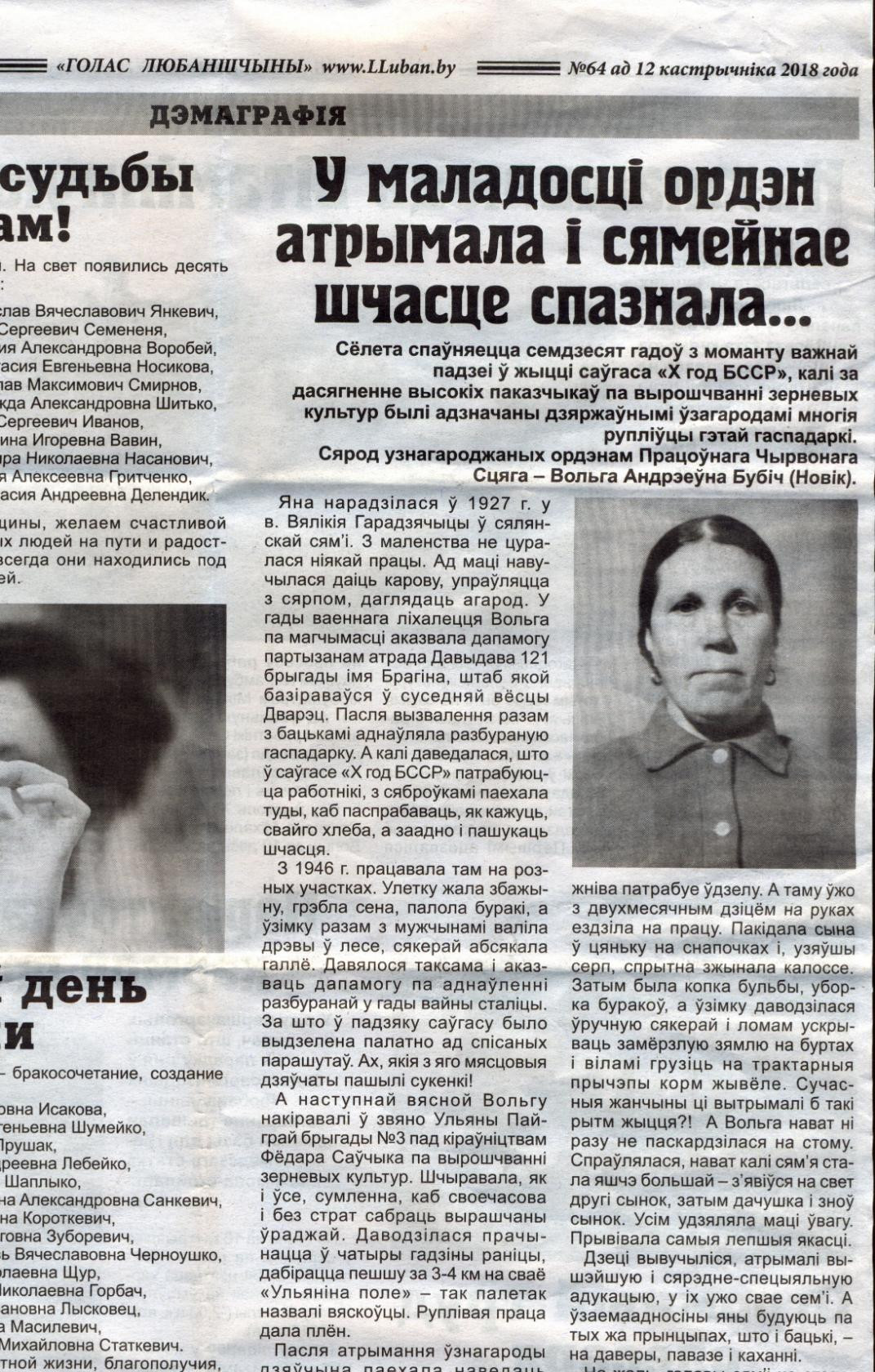Most Beautiful Flower
Paradise is a walled garden,
defined in part by what is shut out.
…we were all just too busy for beauty.
We were too angry for beauty.
We were too heartbroken for beauty.
Zoe Leonard in response to David Wojnarowicz
My grandmother never grew flowers. The only home plant officially allowed in my grandparents’ house was aloe vera, or simply aloe, as it used to be called — in parallel with a less exotic version of staletnik, literally translated as one that lives one hundred years. Back then rusty tins and colorful jars with those long-livers of various sizes, shapes, and ages (obviously, not all of them were centenarians) occupied every horizontal surface of the village house at any moment ready to turn into an indispensable item of the first-aid kid: heal bruises and cuts, sooth a nasty cough or unblock a stuffy nose.
Why should we waste time growing flowers? Granny would question rhetorically, explaining her lush plantation. We aren’t going to eat them in the end, are we? As someone whose youth fell on the worst years of Stalin’s failed agricultural reforms, where three stolen spikelets could cost you life, in any conscious contact with nature she looked for practicality, and aloe seemed to be the only floral kingdom’s candidate to check all the boxes.
A tiny stripe of land in front of their house — both granted by kolkhoz to my granddad Vasily, a WW2 partisan — was also cultivated with the utmost practicality. It offered a rather diverse, vitamin-rich, self-selected holiday menu available at any time of the day and including red currents, gooseberries, plums, cherries, tomatoes, cucumbers, and radishes. Enjoyed fresh from the kitchen garden, these were also processed into preserves: cut, peeled, boiled, or mixed with particular herbs to become jams, compotes or pickles, the three-liter glass jars of which — filled with summer flavors, smells, and memories — would later travel with my cousins, uncles and other in-laws of grandparents to different corners of Belarus, once August was over.
The land plot, despite its modest size, required much labor and time, so both my grandparents would get up at dawn and keep themselves busy till late in the evening, each day following a well-calculated list of chores: from weeding and watering to milking the cow and feeding pigs and hens. When travelling back to those childhood memories, I always find myself in the same season, as if time in the village surrounded by indifferent slender pine trees unfolded according to its own pace: summer days grew slower and longer, while colder months were short, pressed, and boxed, like those newly born tender yellow chickens cheeping quietly in their crate, closed and wrapped with old blankets to keep them warm in the dark corner of the stove. I wonder what my hardworking grandparents did between those summers to pass away the time, how they kept themselves busy, with no land ready to fill in their days.
Sometimes I think that being in much closer contact with nature the generation of our grandparents was indeed living according to the time of their cucumbers and zucchinis — the cyclical one. Each June returning to their village for summer holidays, I perceived them as literally unchanged, while I, with my typical life of a busy Soviet teenager, was always different: taller, angrier, hopefully smarter, and always newly heartbroken. I wish it had always remained like this — them still having enough energy to plant, weed, and milk as much as they wanted, to make their endless basins of cherry jam to then squeeze glass jars into our bags at departure, and me being sure they were able to control time — well, maybe a bit more attentive and careful for the moment I was the guest of. Rebecca Solnit describes gardens as a place of becoming where routine seasonal care was also a gesture of hope and I am sure for our grandparents it really was: their love spoke the language of pickled cucumbers and smelled like bubbly cow milk; their sense of beauty was not in flowers, but in thick thorny leaves of aloe able to make disappear any bruise.
But cyclical time is the lot of cucumbers and zucchinis; and humans are not the siblings of aloe. The magic ageless space I used to step into, once I opened the familiar gate of uneven wooden planks ceased to exist. The next time I would see aloe would be in Batumi, Georgia, where a year after my grandmother’s death and two years after the large-scale Belarusian protests that ended up with the brutal crackdown on civil society I had to move to. Subtropical climate of the South Caucasus favors succulents and its various types freely grow in its towns and villages up to one meter in height, neighboring with khinkali restaurants, lazy cats, and wandering packs of restless stray dogs. Aloe is still my most beautiful flower.
Berlin,
2025

